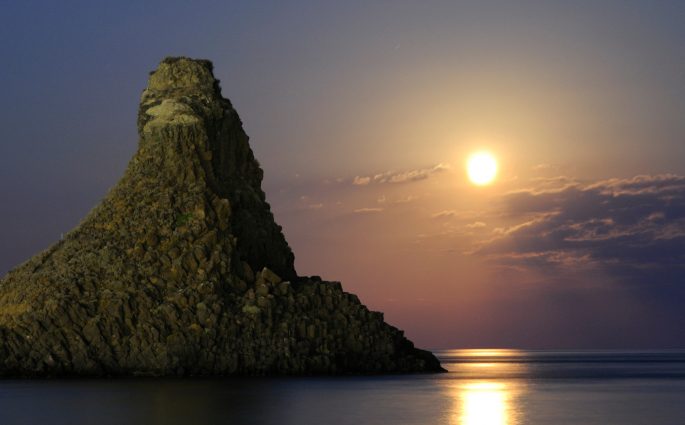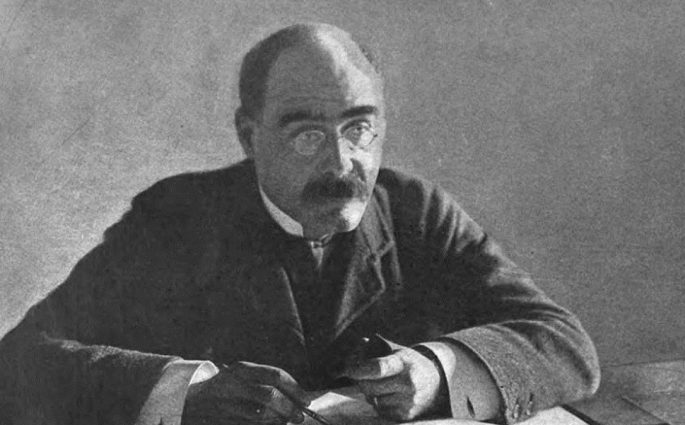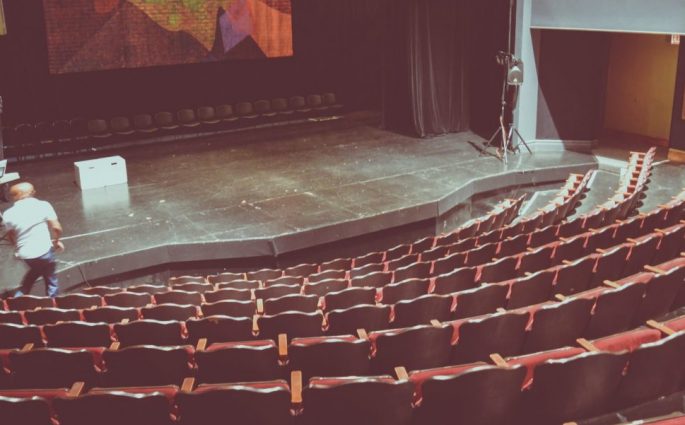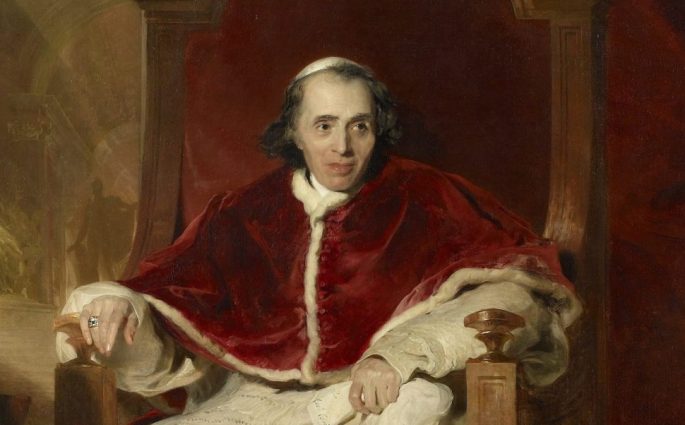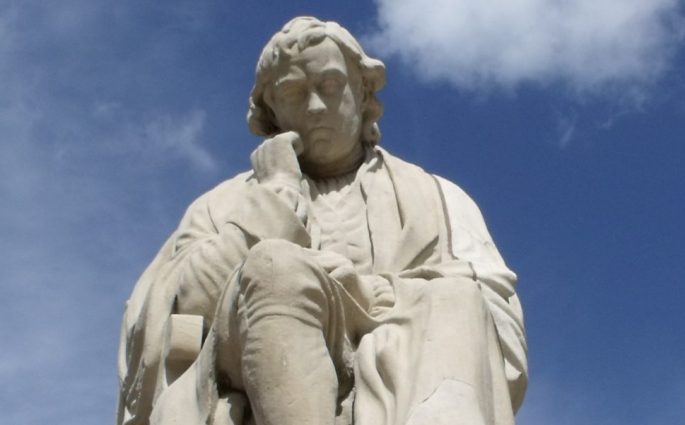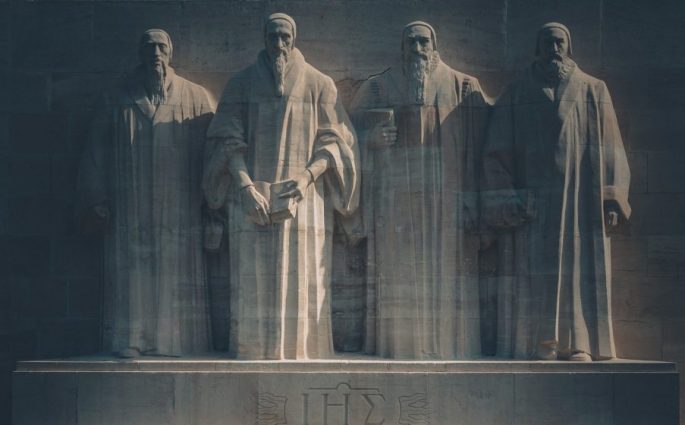The Aeneid
Susanna Braund— The Aeneid tells the story of the foundation of Rome by colonists from the East, refugees from the city of Troy in Asia Minor (modern Turkey) after it was sacked by the Greeks at the end of the ten-year Trojan War, an event to which scholars traditionally assign the

